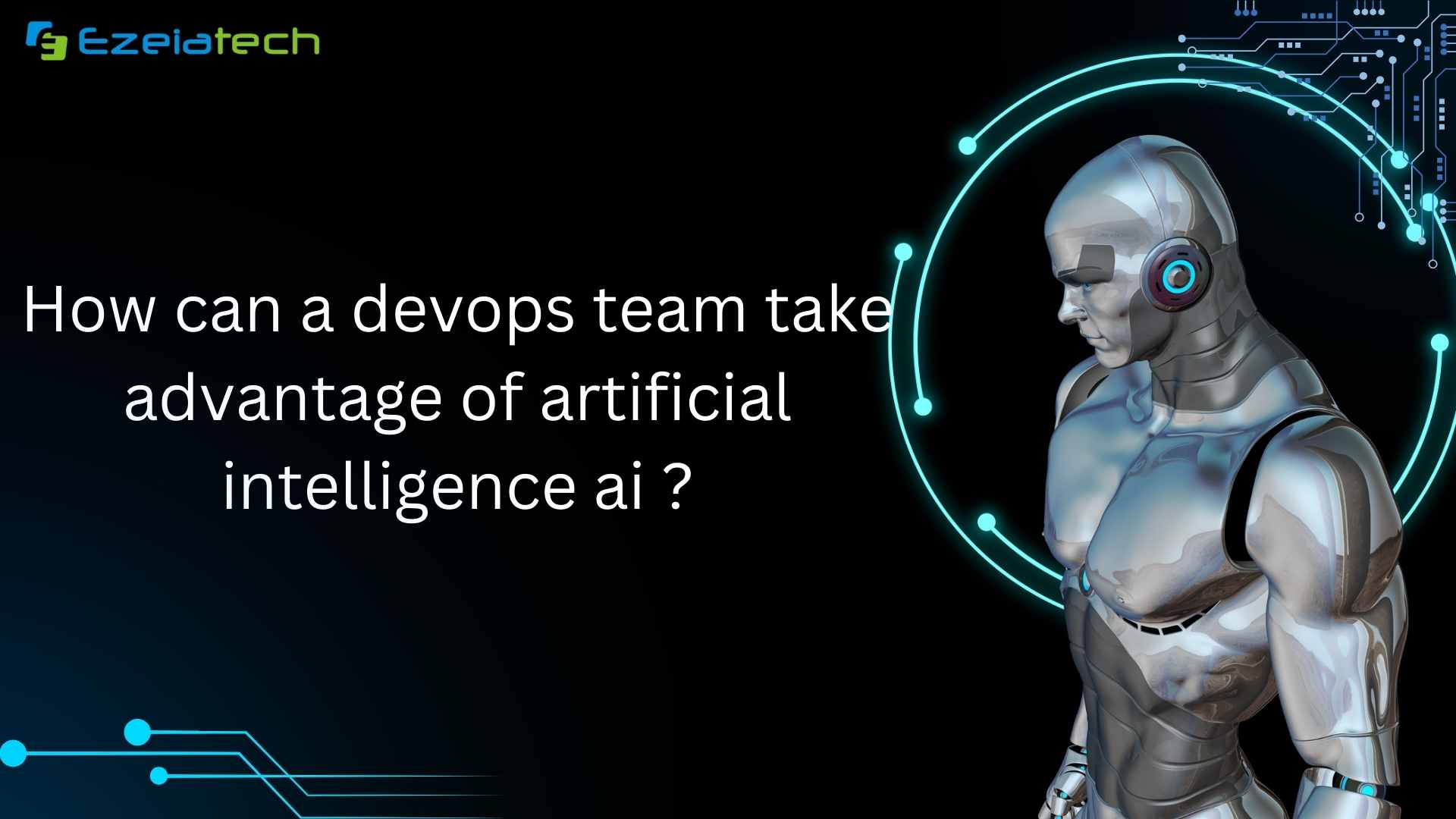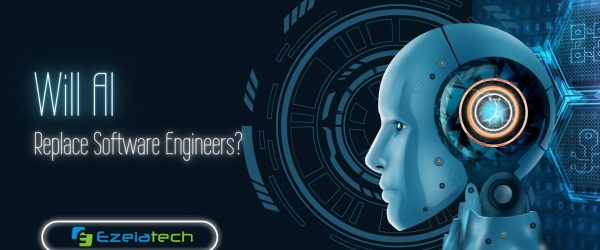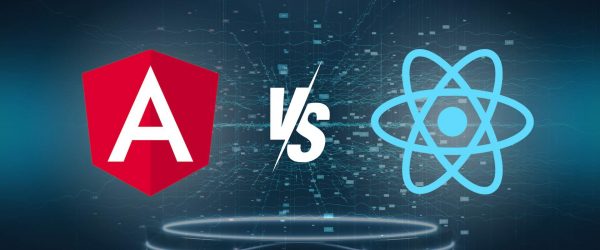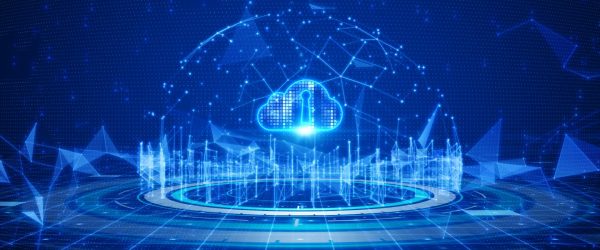Introduction
Definition of DevOps: DevOps is a set of practices that connect software development (Dev) with IT operations (Ops) to shorten the system development life cycle and provide continuous delivery of high quality software. It emphasizes collaboration, automation, and integration between software developers and IT operations teams to improve the speed and reliability of software delivery.
Key Principles of DevOps:
- Automation: DevOps promotes automation of manual processes like code deployment, testing, and infrastructure provisioning to increase efficiency and reduce errors.
- Continuous Integration (CI): CI involves automatically integrating code changes into a shared repository several times a day, allowing teams to detect and fix integration problems early in the development process.
- Continuous deployment (CD): CD extends CI by automatically deploying code changes to the production environment after passing automated tests, enabling fast and reliable software delivery.
- Infrastructure as code (IaC): IaC treats infrastructure configuration as code, allowing teams to manage and provision infrastructure resources programmatically, leading to consistency and scalability.
- Collaboration: DevOps emphasizes collaboration and communication between cross-functional teams, including developers, operations engineers, quality assurance (QA) professionals, and other stakeholders to align goals and streamline processes.
Importance in Modern Software Development:
- Faster time to market: DevOps practices enable organizations to deliver software updates and features more frequently and predictably, reducing time to market and gaining a competitive edge.
- Improved quality and reliability: By automating testing, deployment, and monitoring processes, DevOps helps ensure that software releases are of high quality and reliability, reducing defects and downtime.
- Enhanced collaboration and communication: DevOps fosters a culture of collaboration and transparency across teams, breaking down silos and promoting shared responsibility for software delivery and operations.
- Scalability and flexibility: With IaC and automation, DevOps enables organizations to dynamically scale infrastructure resources and adapt to changing business needs more effectively.
- Continuous Feedback and Improvement: DevOps practices emphasize a continuous feedback loop, enabling teams to gather insights from production environments and user feedback and continually improve the software.
- Cultural change: Beyond technical practices, DevOps involves a cultural shift toward shared goals, accountability, and a focus on customer value, fostering organizational agility and innovation.
Introduction to Artificial Intelligence (AI) and its potential impact on DevOps practices
Artificial intelligence (AI) refers to the simulation of human intelligence processes by machines, especially computer systems. These processes include learning (acquiring information and rules for using the information), reasoning (using rules to reach inferred or definite conclusions), and self-correction.
In the context of DevOps practices, AI has the potential to revolutionize various aspects of software development, deployment, and operations. Here’s a detailed exploration of how AI can impact DevOps practices:
- Automation and efficiency: AI can automate repetitive tasks and streamline development processes, reducing manual intervention and enabling DevOps teams to focus on more strategic initiatives.
This includes automating code deployment, testing, and monitoring processes, leading to faster delivery cycles and improved efficiency. - Predictive analytics and decision making: AI-powered analytics can provide insights into past performance data, enabling DevOps teams to make data-driven decisions and predict future outcomes.
For example, AI algorithms can analyze historical data to identify patterns and trends, helping teams anticipate potential issues and optimize resource allocation. - Advanced monitoring and alerting: AI-powered monitoring systems can analyze large amounts of data in real-time, detect anomalies, and identify performance bottlenecks more effectively than traditional monitoring tools.
This proactive approach enables DevOps teams to address issues before they escalate, ensuring high system availability and reliability. - Better security: AI can strengthen security practices by detecting threats, identifying vulnerabilities, and responding to security incidents in real-time.
AI-powered tools can analyze network traffic patterns, detect suspicious behavior, and more efficiently mitigate security risks while enhancing overall system security. - Natural Language Processing (NLP) and Communication: AI-powered chatbots and virtual assistants can facilitate communication and collaboration within DevOps teams, providing instant help and support to team members.
Natural language processing (NLP) enables these bots to understand and respond to human questions, improving overall team productivity and communication.
Streamlining development processes with AI
Automation of repetitive tasks:
- Many tasks in software development, such as code formatting, testing, and deployment, are repetitive and time-consuming.
- AI can be used to automate these tasks by developing intelligent algorithms that mimic human decision-making processes.
- For example, AI-powered code generation tools can automate the writing of boilerplate code or repetitive tasks, saving developers time and effort.
- By automating these mundane tasks, DevOps teams can focus on more creative and strategic aspects of their work, leading to increased productivity and innovation.
Implementing AI-powered continuous integration and continuous deployment (CI/CD) pipelines:
- Continuous integration and continuous deployment are essential practices in DevOps to deliver code changes quickly and reliably.
- AI can optimize CI/CD pipelines by analyzing code changes, identifying potential risks, and automatically triggering testing and deployment.
- AI algorithms can also predict the impact of code changes on system performance and stability, enabling teams to make informed decisions about release cycles and deployment strategies.
- By integrating AI into CI/CD pipelines, DevOps teams can accelerate the delivery of software updates while maintaining quality and reliability.
Increasing code quality through AI-based code review and analysis:
- Code review is an important aspect of software development to ensure code quality, identify bugs, and maintain stability.
- AI-powered tools can perform automated code reviews by analyzing code syntax, style, and structure against predefined standards and best practices.
- Additionally, AI can perform static code analysis to detect potential vulnerabilities, performance issues, and security threats.
- By leveraging AI for code review and analysis, DevOps teams can identify and address issues more efficiently, leading to higher quality code and faster time-to-market.
I. Improvement in Monitoring and Performance Management:
A. Use of AI for predictive analytics:
- Traditional monitoring systems often rely on historical data and predefined thresholds to detect anomalies. However, AI offers predictive analytics, enabling DevOps teams to anticipate potential problems before they occur.
- By analyzing large amounts of data, AI algorithms can identify patterns and trends that indicate impending performance degradation or system failures.
- Predictive analytics empowers DevOps teams to take proactive measures to prevent downtime and maintain system reliability.
B. Implementing AI-powered monitoring systems:
- AI-powered monitoring systems leverage machine learning algorithms to analyze complex data sets in real-time, providing actionable insights into system performance.
- These systems can monitor a variety of metrics including application response time, server resource utilization, network traffic, and user interactions to detect anomalies and performance bottlenecks.
- AI-powered monitoring tools can automatically adapt to changing environments and dynamically adjust thresholds based on changing patterns, allowing accurate detection of abnormalities.
C. Optimizing Resource Allocation and Scalability:
- AI-based load balancing algorithms enable DevOps teams to dynamically allocate resources based on workload demands and application requirements.
- By analyzing historical usage patterns and predicting future demand, AI algorithms can optimize resource allocation to ensure optimal performance and scalability.
- AI-powered auto-scaling mechanisms can automatically provision or de-provision resources in response to fluctuating workloads, optimizing cost-efficiency and performance.
Enhancing security practices
Threat detection and vulnerability assessment: AI can be employed to strengthen security by continuously monitoring various aspects of the development pipeline and infrastructure for potential threats and vulnerabilities.
AI algorithms can analyze large amounts of data from code repositories, system logs, network traffic, and other sources to identify patterns that indicate security risks.
By detecting anomalies and suspicious activities in real-time, AI-powered systems can help DevOps teams proactively address security threats before they escalate into serious breaches.
Anomaly detection for early warning: AI-powered anomaly detection technologies can play a vital role in identifying anomalous behavior within DevOps environments that may indicate security breaches or unauthorized access attempts.
By establishing baselines of normal system behavior, AI algorithms can flag deviations from expected patterns, such as unusual spikes in network traffic, unauthorized access attempts, or unexpected changes in system configuration.
Early detection of anomalies helps DevOps teams investigate and respond to potential security incidents faster, reducing the impact on operations and data integrity.
Automated incident response and remediation: AI can streamline incident response processes by automating the repetitive tasks and decision-making processes involved in handling security incidents.
AI-powered systems can assess the severity of security alerts, prioritize events based on their potential impact, and initiate predefined response actions, such as isolating compromised systems, revoking unauthorized access privileges, repair, or apply patches to mitigate vulnerabilities.
By automating incident response and remediation workflows, DevOps teams can accelerate resolution of security incidents and reduce recovery times, increasing the overall resilience of systems against cyber threats.
Intelligent Threat Intelligence and Analytics: AI technologies can enhance traditional threat intelligence practices by analyzing large amounts of security data from a variety of sources to identify emerging threats, trends, and attack patterns.
AI-powered threat intelligence platforms can correlate disparate pieces of information, such as indicators of compromise (IOC), malware signatures and known attack vectors, to generate actionable insights and recommendations to strengthen security.
By leveraging AI-powered threat intelligence, DevOps teams can stay ahead of emerging cyber threats and proactively implement countermeasures to effectively mitigate risks.
Continuous security monitoring and compliance: AI-powered security monitoring solutions enable DevOps teams to maintain continuous visibility into the security state of their applications and infrastructure throughout the development lifecycle.
By continuously monitoring security incidents, compliance violations, and configuration drifts, AI-powered security platforms can help ensure adherence to industry standards, regulatory requirements, and internal security policies.
Additionally, AI algorithms can analyze historical security data to identify recurring patterns and trends, enabling DevOps teams to proactively address systemic security vulnerabilities and increase overall resilience against cyber threats .
Future trends and challenges
A. Exploring emerging trends in AI for DevOps:
AI-driven decision making: As AI technologies advance, DevOps teams can increasingly rely on AI algorithms to make data-driven decisions in areas such as release management, resource allocation, and performance optimization.
Self-Healing Systems: The concept of self-healing systems involves AI-powered tools and algorithms that can automatically detect and resolve problems in infrastructure without human intervention. This trend promises to improve system reliability and reduce downtime.
AI-powered automation beyond development and operations: Beyond traditional DevOps practices, AI is likely to penetrate other areas of the software development lifecycle, including testing, security, and customer support. For example, AI-powered testing tools can automatically generate test cases, predict potential bugs, and optimize testing strategies.
B. Discussing potential challenges and ethical considerations:
Data privacy and security: The integration of AI into DevOps requires access to large amounts of data, raising concerns about data privacy and security. DevOps teams must ensure that sensitive data is handled and stored securely, and that AI algorithms are trained on representative and ethically sourced datasets.
Bias and fairness: AI algorithms are susceptible to bias, which can inadvertently perpetuate unfair practices or outcomes.
DevOps teams must actively reduce bias in AI models to ensure fairness and equity, especially in areas such as hiring, resource allocation, and decision making.
Skills gap and training: As AI technologies evolve, DevOps teams may face challenges in acquiring the skills and expertise needed to effectively leverage AI tools and algorithms.
Ongoing training and upskilling initiatives are essential to bridge the skills gap and empower team members to harness the full potential of AI in DevOps.
Regulatory compliance: Compliance with AI-related regulations and standards, such as GDPR (General Data Protection Regulation) and ethical AI guidelines, is a significant challenge for DevOps teams.
It is essential to ensure that AI applications in DevOps adhere to regulatory requirements and ethical principles while driving innovation and efficiency.
Thank you for reading. For continued insights and in-depth discussions, please follow our blogs at Ezeiatech.







